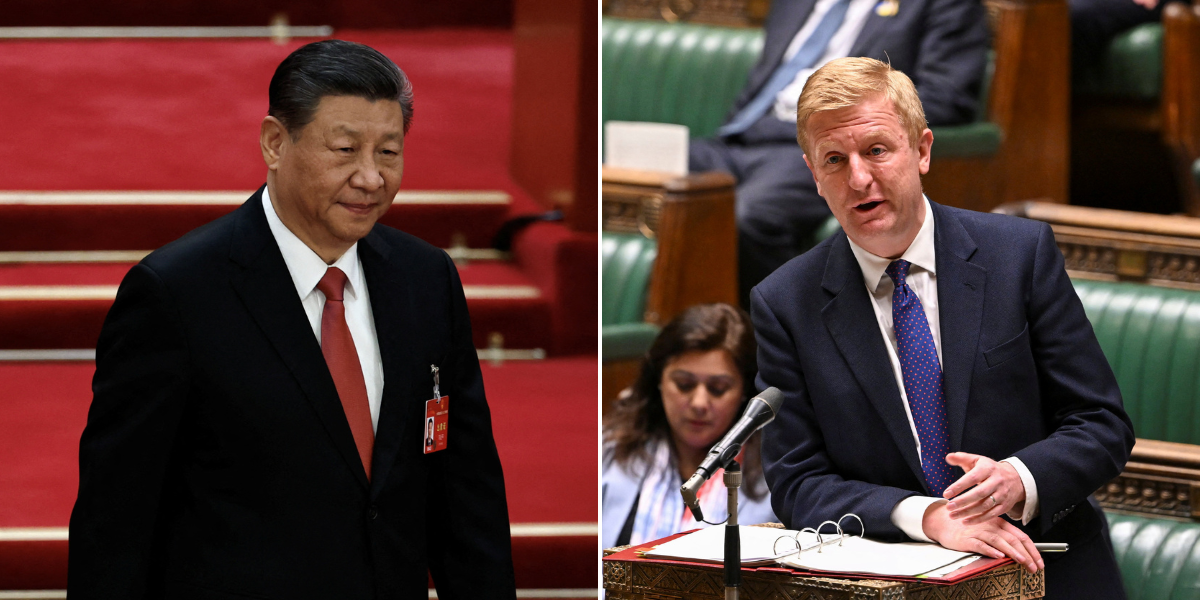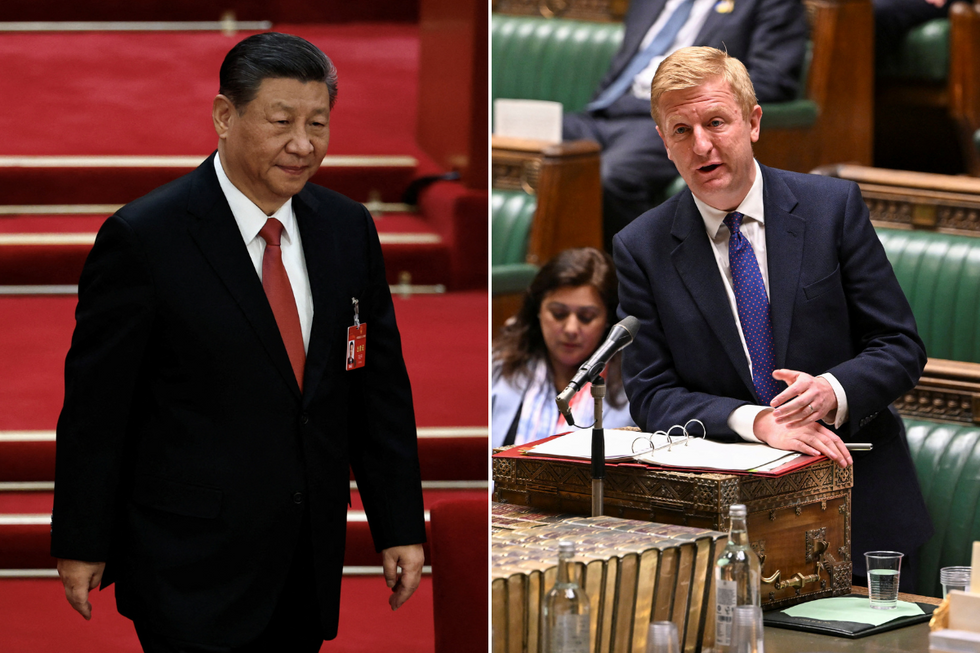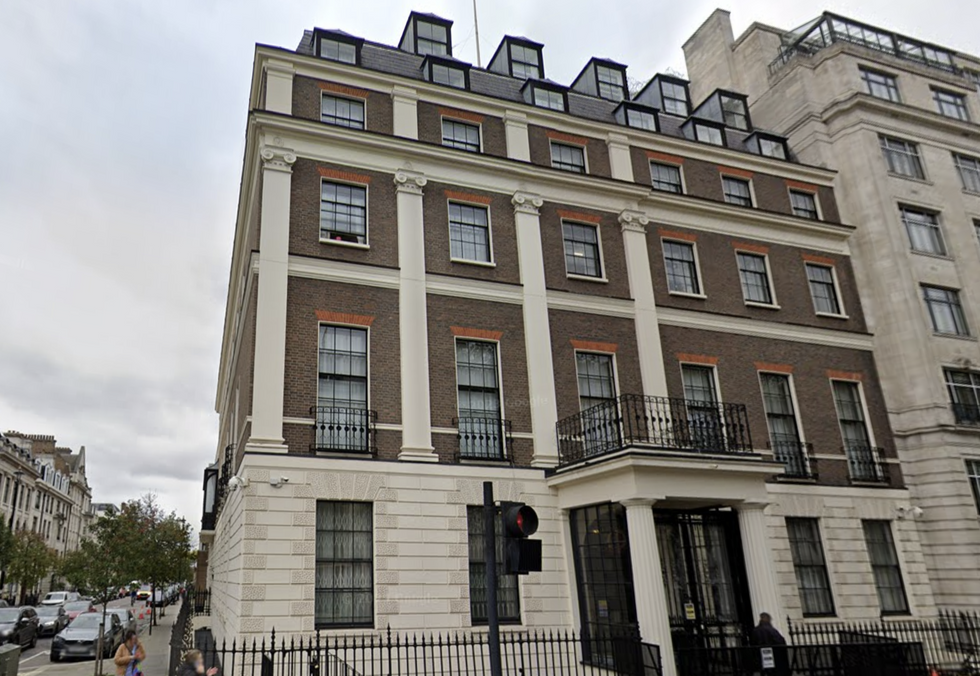
 Press Releases
Press Releases 
A Guardian columnist has said the climate crisis is “essential” when considering response to allegations of state hacking.
Britain said Chinese hackers stole the voter registration data, mostly names and addresses, of about 40 million people from the Electoral Commission and tried to break into lawmakers’ emails.
China has denied the spying allegations. The Chinese embassy in London said on Monday the claims were “completely fabricated” and it would make “a justified and necessary response”.
Now Guardian columnist Simon Jenkins has called on the Government to act fairly as global heating “lies at the centre of all relations with China”.

Oliver Dowden was speaking about allegations of hacking from China
Reuters/Getty
Writing in today’s edition, Jenkins said: “[China] is responsible for more than a quarter of the world’s greenhouse gas emissions, and rising. Britain is now actively participating in China’s proposed ‘reening’ of its BRI programme, which is largely about infrastructure.
“Given that a third of all greenhouse gas emissions are from construction, a fact still ignored by British planning policy, this collaboration with China is central to fighting the climate crisis.
“It is not about diplomatic posturing. It is about something essential.”
He added that there was a priority to “keep channels open” when negotiating with the Asian superpower.
LATEST DEVELOPMENTS:

The Chinese Embassy in central London
Google Maps
A spokesperson from the Foreign Office said: “The (Foreign Office) set out the government’s unequivocal condemnation of Chinese state-affiliated organisations and individuals undertaking malicious cyber activity against UK democratic institutions and parliamentarians.”
A spokesman for Prime Minister Rishi Sunak said on Tuesday the government is close to finalising a new foreign influence registration system that would require anyone working undeclared for a foreign country in the so-called “enhanced tier” to declare their activity.
Under Britain’s new National Security Act, individuals, such as lawyers, a public relations company or an undercover spy working for a country in the “enhanced tier” would have to record their activity in a register or face prosecution.
British Deputy Prime Minister Oliver Dowden said on Monday that China’s alleged hacking of British democratic institutions meant there was a “strong case” for including the country in the enhanced tier.
The British government has previously said it would be inappropriate to call China a “threat” because it is too simplistic to view relations with the world’s second-biggest economy through a single word.
The announcements were made as both Britain and the US imposed sanctions on a firm they said was a Ministry of State Security front company tied to the hacking activity.
The US Treasury Department in a statement said the sanctions were on Wuhan Xiaoruizhi Science and Technology, as well as on two Chinese nationals.
FBI Director Christopher Wray said: “Today’s announcement exposes China’s continuous and brash efforts to undermine our nation’s cybersecurity and target Americans and our innovation.”
24World Media does not take any responsibility of the information you see on this page. The content this page contains is from independent third-party content provider. If you have any concerns regarding the content, please free to write us here: contact@24worldmedia.com